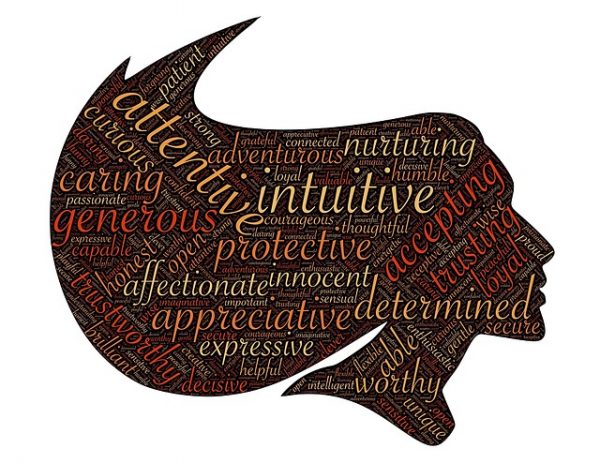Being a great leader is not your decision…
‘How to be a great leader’ or derivatives around this title are often used by self-help books, courses and trainers but you aren’t the one who is going to decide whether you are great or not. Others, your colleagues, results, what you achieve in your lifetime and eventually history will. Therefore I’d concentrate instead on being a thoughtful, efficient and effective leader (though that doesn’t tick the ‘sexy’ box does it?) and perhaps, if you’re lucky, greatness will follow and some will believe you to be a great leader.
Also, while I’m at it, greatness will change (ie, what is and isn’t a great leader) as should your leadership style. If you develop a style and then stick with it for the rest of your working life you are going to get stuck in it, will not develop and grow and, in all likelihood neither will your team(s).
Great leaders understand the importance of change
If all of this is confusing you I’ll give you a personal example of what I mean:
Before the train crash, pre-crash Pam (as I term myself) was an owner of a financial services company responsible for 15 staff. It was an extremely male dominated industry (mind you, still seems to be even today which I find surprising) and I thought I had to develop a leadership style that mimicked theirs.
I decided to lead by example – tough but fair. I was in early, worked late, came in at weekends when necessary, turned over enormous volumes of work and expected my staff and colleagues to do the same. I was tough with my goal setting, tough with my expectations and woe-betide anyone who didn’t keep pace or live up to my expectations of them.
It worked in the sense that we made money. It worked in the sense that targets were hit. It worked in the sense that the company expanded rapidly in only a few years. However, looking back, I don’t think any of us were having fun and I now wouldn’t term my leadership as ‘great’. I was not a great leader.
Then the train crash happened and that life was trashed.

A great leader adapts
Post-crash Pam (as I view myself now) suddenly became in charge of a totally new type of team – the Paddington Survivors Group. There were 81 of us and it didn’t take a genius to work out that if I ran the group as I had my company it wouldn’t take long before all those survivors would run away! I needed them if we were going to change the rail industry.
And that’s when I went through a crash course (excuse the pun) with my own leadership style. I had to develop ways of cajoling, being supportive, persuading, managing, developing, listening and being diplomatic with everyone – survivors, industry and government. Luckily it worked – we survivors stuck together for over 5 years and were able to substantially influence sweeping changes within the rail industry nationally.
It was exhausting changing such learned behaviour from before but, oh my, was it liberating. And you know what? Since that time it is these new skills that keep opening doors and opportunities for me and most of my old pre-crash Pam leadership style has evaporated.
Does this make me a great leader? Only history will ever know as I doubt I ever will. All I can do is continue to strive towards being the best leader I possibly can. I still lead by example but now I rate compassion, co-operation, communication and self-improvement above anything else.
So the question is how will history be able to judge you as a leader? What do you believe to be the necessary attributes of a great leader? I would love your feedback – do comment below


